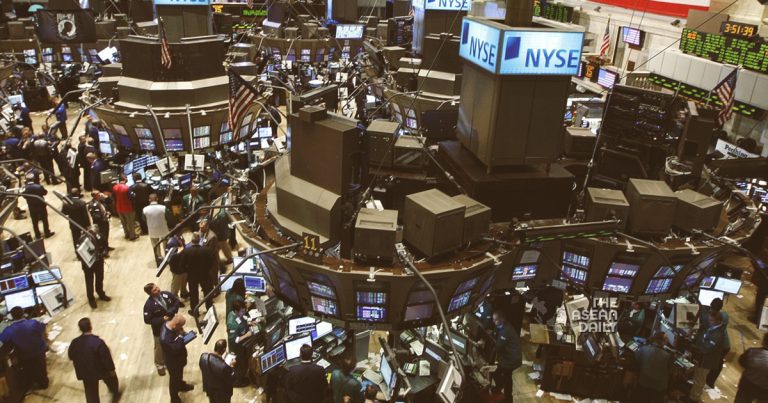5-8-2024 (NEW YORK) The global financial landscape is bracing for significant turbulence as US stocks are poised for their most challenging post-pandemic opening. This downturn comes in the wake of disappointing jobs data and a substantial sell-off in Japanese markets, sending shockwaves through the international trading community.
Premarket futures trading painted a grim picture, with the Dow Jones Industrial Average plummeting by as much as 1,000 points, or 3%. The S&P 500 was not far behind, dropping 3.4%, while the tech-heavy Nasdaq was set for a staggering 5% slide at the opening bell.
However, these figures pale in comparison to the turmoil experienced in Japanese markets overnight. One of Japan’s primary stock indices plunged by 12.2%, marking one of its worst performances since the infamous “Black Monday” crash of 1987. This precipitous fall was partly attributed to the underwhelming US jobs report, but was exacerbated by traders unwinding “carry” trades, a strategy that had previously capitalised on lower yen interest rates to purchase assets more cheaply.
The anticipated decline in US markets would mark the third consecutive day of significant losses. Friday’s unexpected rise in the US unemployment rate to 4.3% caught many off guard, compounding concerns raised by Amazon’s weaker outlook and growing scepticism about the recent tech stock surge.
Major tech companies are bearing the brunt of this market correction. Nvidia, a frontrunner in the AI chip market, was set to open 14% lower. Apple faced a 9% decline in futures trading, following news that Warren Buffett’s Berkshire Hathaway had halved its stake in the tech giant. Amazon and Microsoft were also poised for significant losses, down 8% and 5% respectively.
The cryptocurrency market has not been spared, with Bitcoin plummeting nearly 14% to around $50,000, its lowest point since spring. Ethereum suffered a 17% drop, effectively erasing its gains for the year.
Greg McBride, Chief Financial Analyst at Bankrate.com, commented on the situation: “The US is the locomotive of the global economic train, and increasing concern about a slowdown, or possible recession, has markets around the world in turmoil. While Friday’s employment report was disappointing, it wasn’t the only worrisome economic indicator, only the latest.”
Underlying these market movements are growing concerns that the Federal Reserve has been overly cautious in its approach to interest rate cuts. There is mounting pressure for the Fed to align with other global central banks that have already taken steps to ease monetary policy.




